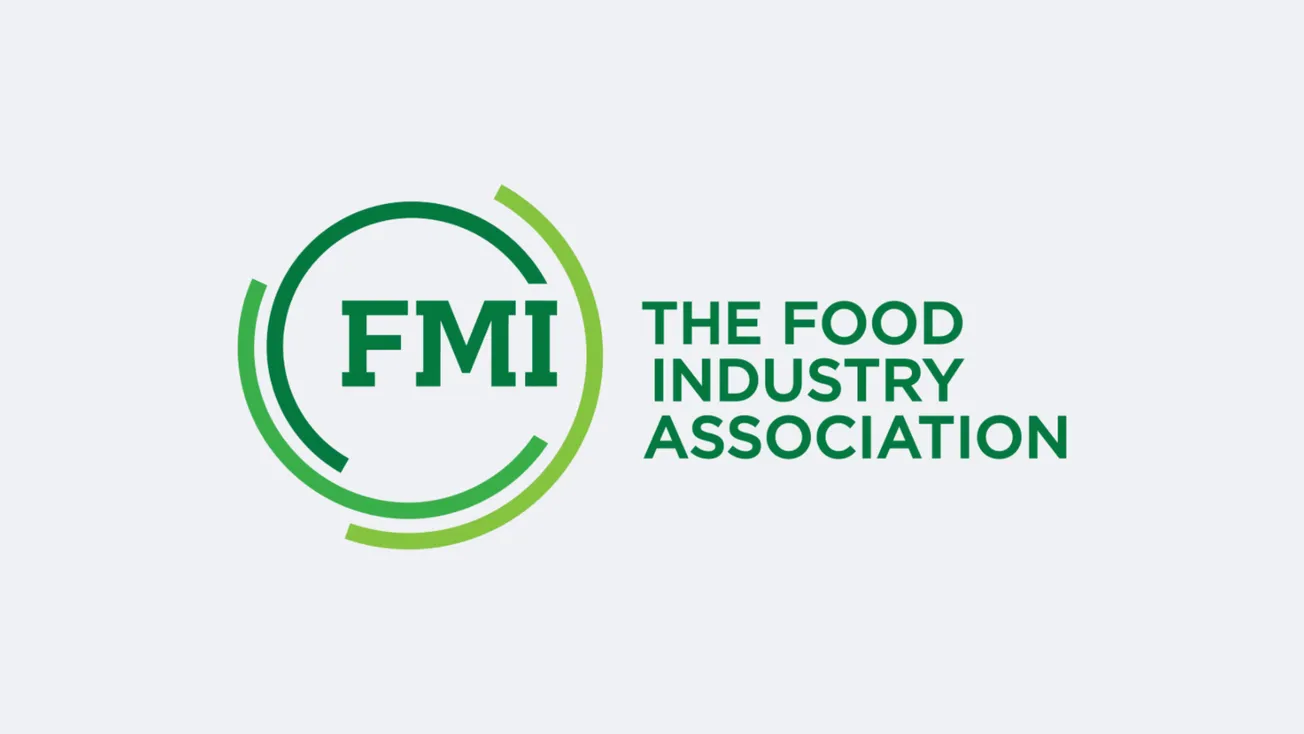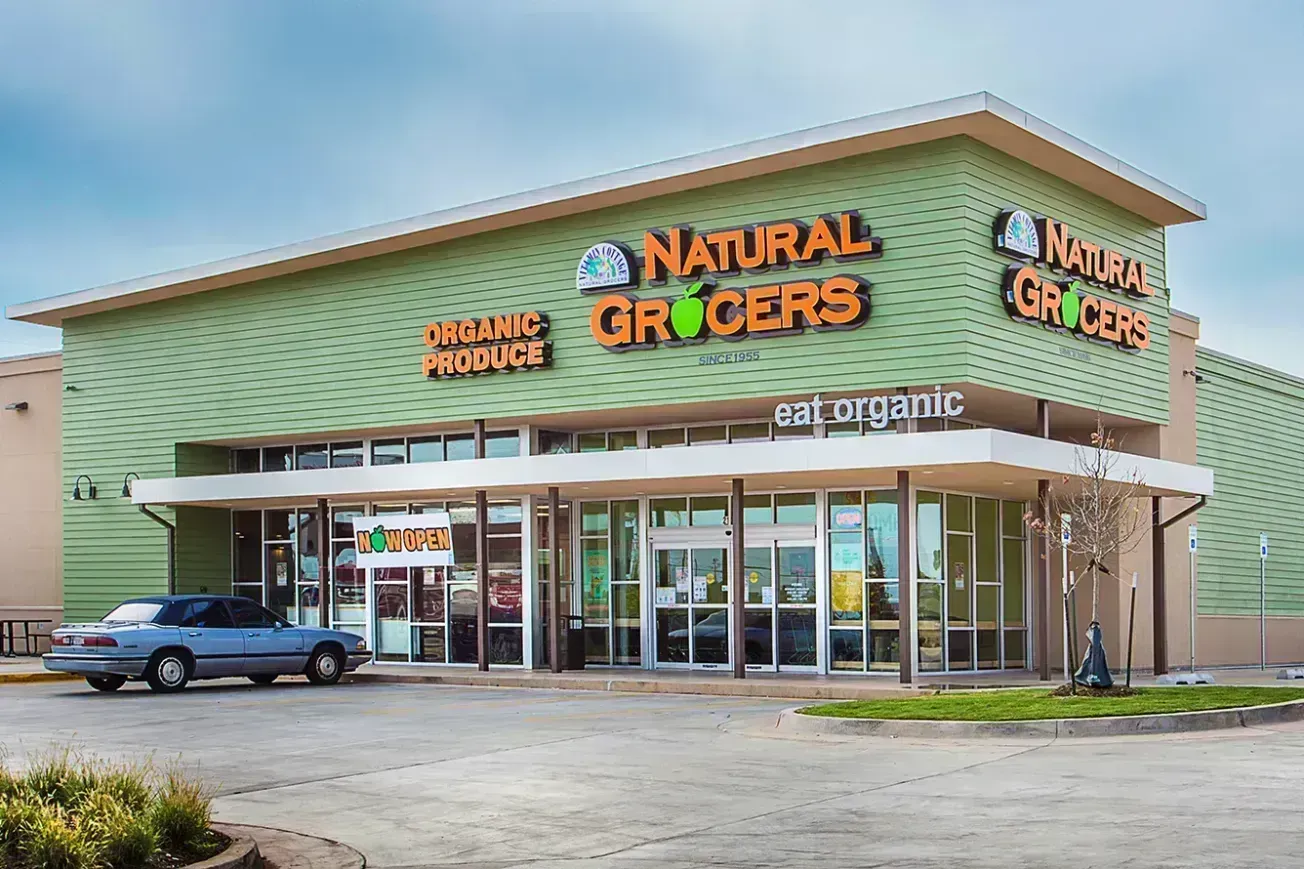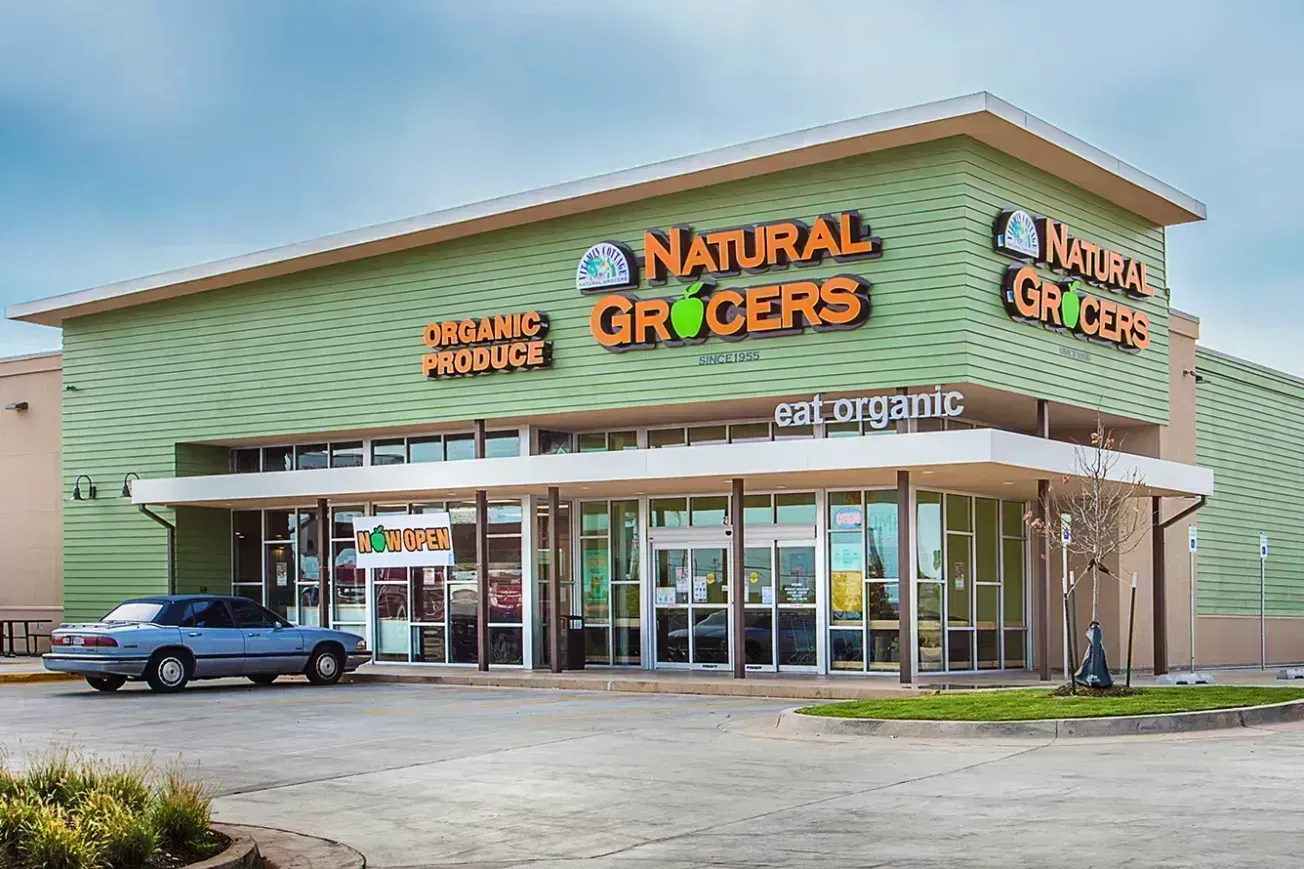ARLINGTON, Va. — In a landmark move for the retail food sector, FMI – The Food Industry Association has become the first trade association to join the U.S. Food Waste Pact, a national initiative aimed at cutting food waste across the supply chain. The pact is jointly led by sustainability nonprofits ReFED and the World Wildlife Fund (WWF) and currently includes 20 other signatories from retail, manufacturing, foodservice, and hospitality.
FMI's inclusion in the Pact marks a significant expansion of the coalition’s reach, strengthening its efforts to unite key players in the food system under a common framework: “Target, Measure, Act.”
With nearly one-third of all food in the U.S. going uneaten, totaling almost 74 million tons of waste each year according to ReFEd, the retail sector plays a crucial role in promoting efforts to reduce waste. The economic impact is staggering: unused food is valued at $382 billion, representing both a missed opportunity for businesses and a significant sustainability concern.
“FMI has a long history of working to address food waste,” said Andy Harig, vice president of tax, trade, sustainability, and policy development at FMI.
“Highlighting the importance of food waste reduction has been a priority for us for over a decade, and we’re pleased to continue that journey by joining the U.S. Food Waste Pact. This will give us an opportunity to collaborate directly with food businesses across the industry and share best practices from our wider lens as an industry association.”
Since 2011, FMI has been part of the Food Waste Reduction Alliance, a partnership that also includes the Consumer Brands Association and the National Restaurant Association. The organization works to address the root causes of food waste within food business operations and secure pathways to donate or recycle unavoidable food waste. FMI’s work has included educating consumers about date labels and developing The FoodKeeper, a mobile app and online database containing information about storage and food safety.
“As an industry association with a large and diverse membership base, FMI brings a vital and unique perspective to food waste prevention and reduction,” said Jackie Suggitt, vice president of business initiatives & community engagement at ReFED. “FMI has been such an important leader on a number of key issues, and we look forward to their collaboration with other Pact signatories as they share their unique industry-wide expertise and best practices.”
Retail giants already signed onto the Pact include Walmart, Whole Foods Market, Amazon Fresh, Ahold Delhaize USA, and ALDI US—positioning FMI among industry leaders committed to cutting waste, improving efficiency, and promoting environmental stewardship.
For retailers and brands watching the evolving sustainability landscape, FMI’s move underscores growing industry momentum toward collaborative, measurable action on food waste. With regulatory and consumer pressure mounting, joining efforts like the U.S. Food Waste Pact could soon become a new industry standard.










